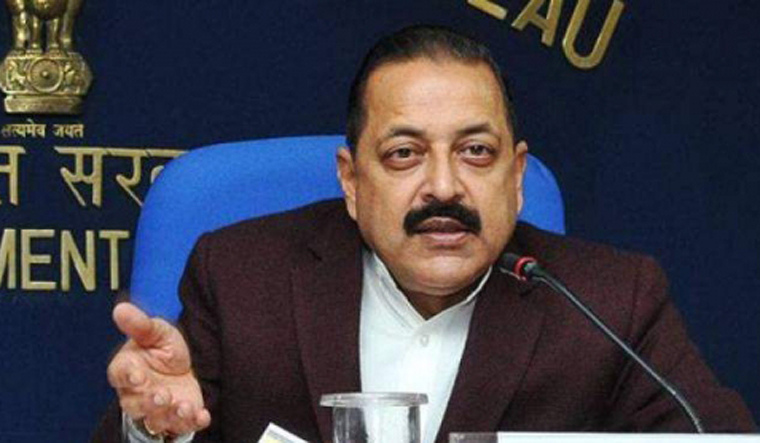Space technology is now present virtually in each and every household, regardless of whether people are aware about it. Space tech is also used for different applications in the infrastructure space, construction of roads and railway lines, and even manning railway crossings. These observations were made by Jitendra Singh, minister of state, department of space, while inaugurating UNNATI (Unispace Nanosatellite Assembly and Training programme) of Indian Space Research Organisation (ISRO) in Bengaluru. “Incredible applications are possible due to space technology. Space technology will make it possible to peep into the verandah of each and every household in the near future. Moreover, it is now being increasingly used in the field of disaster management,” said Singh.
Singh also observed that the department of space had received utmost attention during the leadership of Prime Minister Narendra Modi, which was not the case earlier. He also observed that unmanned missions such as Chandrayaan I by India was able to achieve that even manned missions had failed to do. “Unmanned moon missions such as the Chandrayaan I found out that there was water on the moon, which the first man on the moon, Neil Armstrong, could not do. India has now surpassed, in space technology, many nations who had ventured into space technology much much before us,” remarked Singh.
Interestingly ISRO's UNNATI programme is a capacity building programme on nano-satellites development through a combination of theoretical course work and hands on training on Assembly Integration and Testing (AIT). ISRO took this initiative to commemorate the 50th anniversary of the first United Nations Conference on the Exploration and Peaceful Uses of Outer Space (UNISPACE+50). The U.R. Rao Satellite Centre (URSC) in Bengaluru has designed the basic structure of this programme with an equal emphasis on theoretical and practical exposure. The programme is aimed at engineering or science graduates or post graduates who have an aptitude for space technology, design of circuits for various space systems, and management of space systems. Each participating country will nominate a team of two members. The course is designed for a duration of eight weeks, and a batch of thirty participants. The course will be conducted at URSC Bengaluru for a period of three years starting January 2019.
The first batch has 30 delegates from 17 different countries namely Algeria, Argentina, Azerbaijan, Bhutan, Brazil, Chile, Egypt, Indonesia, Kazakhstan, Malaysia, Mexico, Mongolia, Morocco, Myanmar, Oman, Panama and Portugal. These participants were selected from 87 applications from 34 countries. Under the programme selected, candidates will be given economy air fare from their country of origin to Bengaluru and will also be provided accommodation and living expenses by ISRO.
During the inauguration, K. Sivan, chairman of ISRO, remarked that space technology had the power to bind humanity. He said that the through the UNNATI programme it would be possible for ISRO to help the delegates learn about satellite technology and the foreign delegates will be able to utilise this knowledge for the benefit of their countries.



